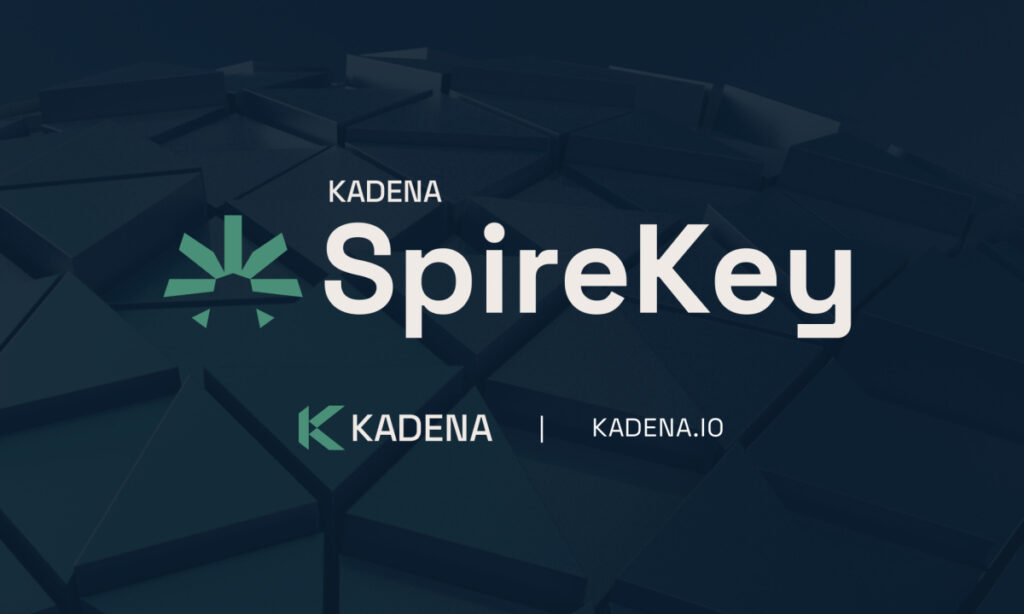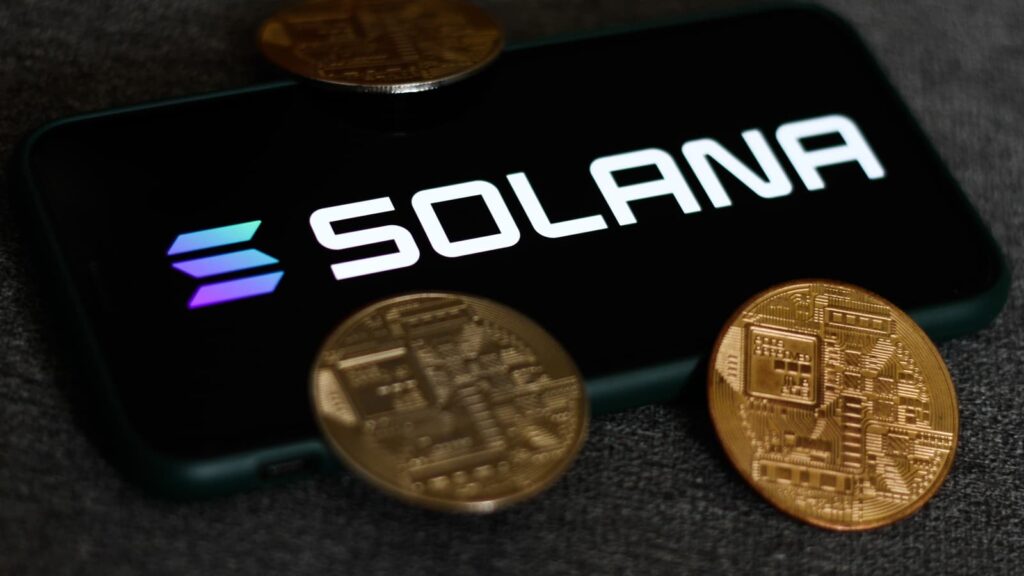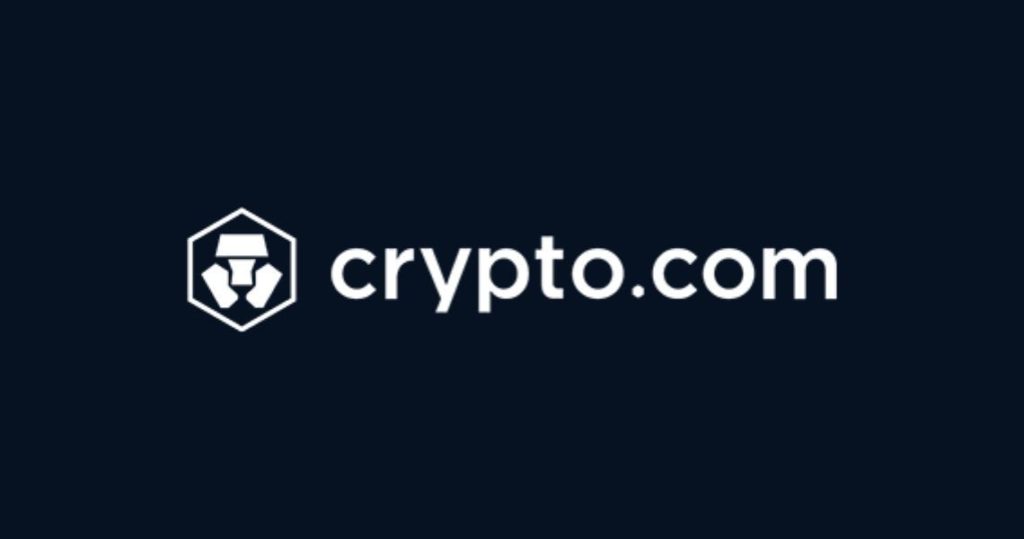Shares in cryptocurrency exchange Coinbase have surged by 37% in the past week, riding the wave of a recent upswing in Bitcoin prices.
Analysts anticipate robust performance as the company prepares to unveil its fourth-quarter results on Thursday.
MarketWatch and FactSet’s aggregated data reveals a consensus among analysts, foreseeing a substantial revenue increase for Coinbase in Q4.
Projections suggest a rise of approximately 22% from Q3, reaching $825 million.
The surge in revenue is expected to be fuelled by heightened trading volumes.
Analysts estimate a near doubling from $76 billion in Q3 to $142.7 billion in Q4.
Coinbase is also expected to report a fourth-quarter earnings-per-share of $0.02, marking a turnaround from the $0.01 loss per share reported in the preceding quarter.
This surge coincides with Bitcoin’s price rise of 16.3% over the past week, as reported by Coinmarketcap.
On February 13, competitor Robinhood announced a 24% year-on-year increase in Q4 revenue, driven in part by a surge in cryptocurrency trading revenue, which amounted to $43 million, up 10% year-on-year.
READ MORE: SOL Token Surges, Overtakes BNB to Claim Fourth Spot in Cryptocurrency Rankings
Despite these positive indicators, some remain cautious about Coinbase’s future performance in 2024.
JPMorgan analysts, in a note to investors on January 22, predicted a decline in Coinbase’s share price, citing concerns about the lacklustre performance of spot Bitcoin ETFs trading.
However, recent data indicates an uptick in Bitcoin ETF flows, with BlackRock’s IBIT alone generating $493 million in inflows on February 13.
Coinbase, serving as custodian for eight of the top 10 spot Bitcoin ETF providers, including BlackRock and iShares, stands to benefit from this resurgence.
The ongoing lawsuit with the United States Securities and Exchange Commission (SEC) poses another challenge for Coinbase.
Nevertheless, crypto lawyer James Murphy, also known as “MetaLawMan,” remains optimistic about Coinbase’s prospects, expressing confidence that the SEC will lose the case.
Coinbase shares are currently up 14% for the day, buoyed by a broader rally in the cryptocurrency sector, highlighted by Bitcoin’s surge above $50,000 on February 13.









